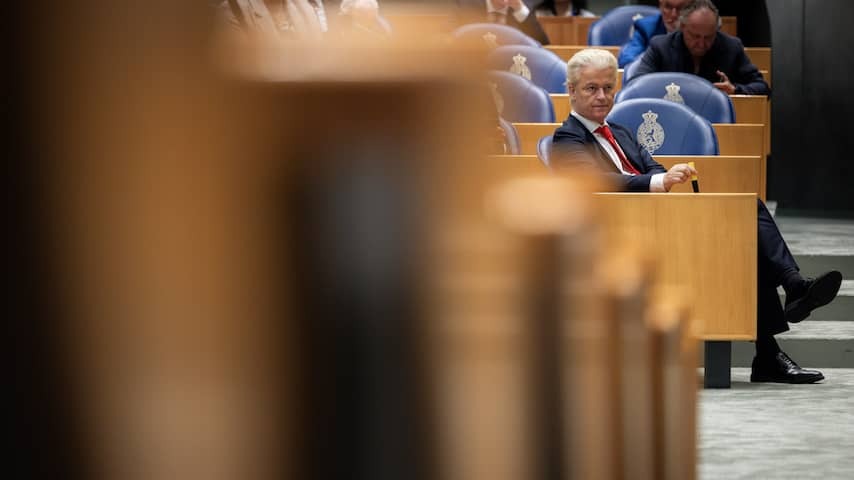
The two-status system and the emergency asylum measures law were barely adjusted on Tuesday, despite numerous requests from Parliament. It remains uncertain whether there will be sufficient support for the much-discussed asylum laws of the now-departed Asylum Minister Marjolein Faber.
Support from the former coalition party PVV and the CDA is crucial, but it is still unclear whether those parties will support the laws. Without the support of the PVV, there is no majority in the House of Representatives, and without the support of the CDA, the laws may be stalled in the Senate.
Those parties indicated that they would base their vote on the final form of the laws. On Tuesday, there was a vote on all those proposed amendments from the House of Representatives.
The PVV, now out of the coalition, would prefer to see the laws even stricter. PVV MP Marina Vondeling therefore submitted three proposals, two of which did not receive a majority on Tuesday. The simultaneous withdrawal of the dispersal law is particularly important for Geert Wilders’ party, but that proposal was rejected.
It remains to be seen whether the laws can still count on Wilders’ approval even without those extra PVV demands. “You will have to wait until Thursday,” Wilders said after the voting.
Also the support of the CDA is still uncertain after Tuesday. Party leader Henri Bontenbal said after the vote that he “wants to take a good look at the whole puzzle”.
The CDA mainly raised concerns about the feasibility of the plans and wanted, for example, the two-status system to be introduced simultaneously with the new, also stricter, European asylum measures. Outgoing Minister Mona Keijzer (Housing, Asylum Reception) tried to convince Bontenbal on Monday evening by saying that the IND may indeed implement part of those measures simultaneously with those other European rules.
That was not enough for Bontenbal. But his amendment to only allow the two-status system to take effect once the new European rules also apply did not pass on Tuesday either. The former coalition parties VVD, NSC, and BBB did not accommodate the CDA in this either.
Those former coalition parties have been doing their best in recent days, especially to get the CDA to agree to the asylum laws. With the elections approaching, they would like to show that they can deliver in the field of asylum by successfully guiding the laws through Parliament.
But the VVD, NSC, and BBB were in a balancing act; on the one hand, old coalition partner PVV threatened to no longer support the laws if they were even slightly relaxed, on the other hand, the CDA may vote against if there was no relaxation.
Tuesday’s vote has not eliminated the uncertainty surrounding the asylum laws. The House of Representatives will vote on the laws themselves on Thursday.
The laws have ultimately only been tightened on a few points. Other parties, from left to right, submitted dozens of amendments to adjust the laws. Only a few proposals, including the abolition of penalty payments for the IND and the criminalization of illegal stay of foreigners, received a majority.